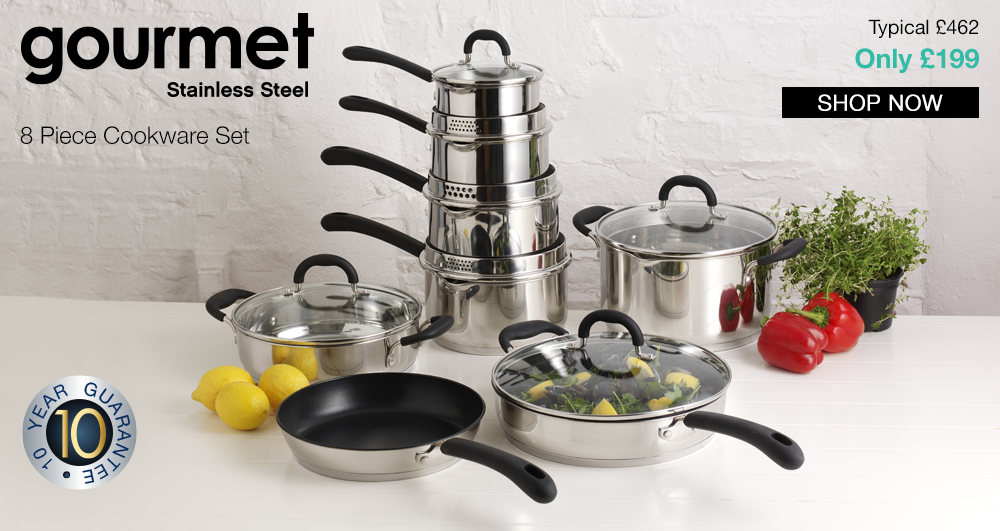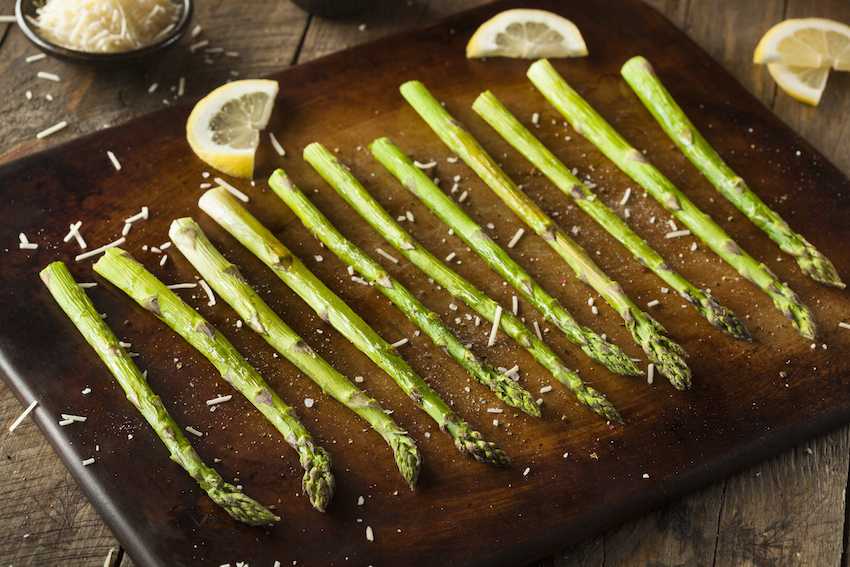There is nothing quite as annoying as
starting to chop your vegetables and finding that your knife is blunt.
No matter how expensive the knife, if it
has been neglected and treated badly it will be useless.
Here are a few pointers on how to maintain
your cook’s knife and guarantee an enjoyable prepping experience every time!
1. Clean your cooks knives
properly
Make sure to follow the cleaning
instructions that come with your knife on purchase. You will typically be advised
to wash your cook’s knife by handinstead of putting it in the dishwasher as the
detergent, high heat and jostling may cause damage to the blade.
Wash your knife by hand using a soft cloth
and warm soapy water, then rinse with hot water. For foods that are hardto
remove, the knife should be soaked rather than scrubbed.
2. Dry your cooks knives
thoroughly
Particularly for knives made from carbon
steel,it isimportant to prevent rust,although all knives should be properly
dried before being stored. Dry your knife with a soft, clean cloth straight
after rinsing to prevent mould and residue forming on your blades.
3. Sharpen your cooks knivesregularly
Always keep your knives
sharp. Depending on what your cook’s knife is made from,there is a wide
range of sharpening tools available, including; whetstone, honing rod, ceramic
wheel, V sharpener and ceramic sharpener.
If you are unsure what the difference is
between each one, speak to a professional. All good cookware stores should be
able to assist.
4. Don’t sharpen your own
knife unless you know what you are doing
If you are unsure how to sharpen your cook’sknife,ask
a professional to do it for you or show you. You can take your knife into any
cookware store and they will be happy to help. If you do sharpen your knife
incorrectly,it is possible to damage the blade beyond repair.
5. Store your cooks knivessafely
Storing your knife safely will not only
prevent people from cutting themselves but will also protect the knife. If you
keep your knives in a drawer, ensure they have a protective sheath on them at
all times.
If you have a range of knives you use on a
regular basis, it may be worth investing in a knife block, bristle block or
magnetic rack. This will help to protect your knives from dents and marks and
will also mean they are within easy reach.
6. Choose your chopping
surface carefully
Avoid using your knives on glass, granite,
marble or stone. These surfaces will dull your knife blade more quickly than
wood or plastic and can also damage the edge of your blade. We would recommend only
using a wooden or plastic chopping board when using your cook’s
knife.









